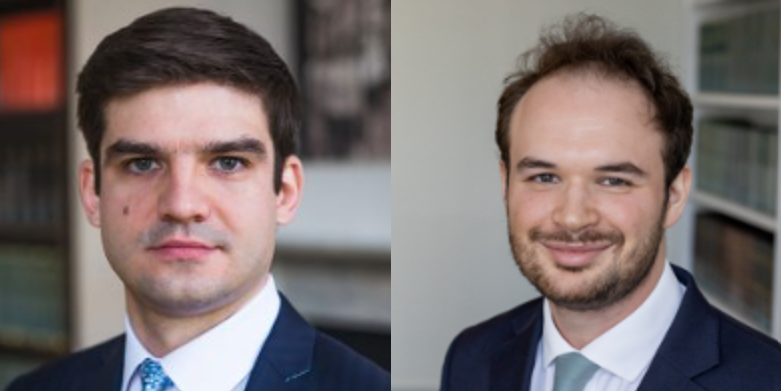1. The High Court (Constable J) has handed down judgment in Friend Media Technology Systems v Friend [2025] EWHC 2897 (KB), following the expedited trial of liability and injunctive relief heard on 21-27 October 2025. The Friend Group provides technology designed to combat online piracy to many of the biggest sports, media and entertainment organisations in the world.
2. Mr Friend was alleged by the Claimants to have set up in competition with FMTS in breach of his contractual duties and his duties as a director, and to have maintained contact with customers and potential customers (and not reported that contact back to the companies) in order to compete with the Claimants.
3. The Court found that the Claimants’ claim failed in its entirety.
4. Whilst Mr Friend had maintained contact with customers and potential customers after his employment and directorship of the service company ended (although he remained a director of the group company, FMTS), the Court found that Mr Friend subjectively and honestly believed this was in the best interests of the Friend Group. The Court further found that this conduct was not in breach of his contractual duties, including his restrictive covenants which inter alia prohibited him from setting up in competition or from soliciting customers in competition with the Claimants.
5. The Court noted the position at trial was a “relatively novel situation”, in that:
5.1. The Claimants had in closing submissions: (1) abandoned its claim for ongoing injunctive relief; and (2) abandoned all of its pleaded claims for damages (save for two claims for damages which the Court found were each “inadequately pleaded” and in any event failed on the facts); and,
5.2. The Court nevertheless decided to determine the Claimants’ pleaded case in full because the parties, for different reasons, sought this. Mr Friend wished in effect to clear his name, and the Claimants sought this determination in the context of a debate over costs, in that they were keen “to establish that [they were] justified in applying for the interim relief it sought and, by consent, obtained”.
6. Mr Friend’s position at trial was the High Court proceedings formed part of a course of oppressive conduct inflicted upon Mr Friend by the Claimants, in the context of a wider shareholder dispute in the Jersey Courts between Mr Friend’s family and the private equity investors into FMTS, North Edge Capital (as well as other legal disputes).
7. Mr Friend relied in this regard inter alia on the fact that he, and his family, had been placed under covert surveillance. Mr Friend’s solicitors had written to the Claimants about the surveillance after its first full week of operation seeking an explanation. The surveillance nevertheless continued for months. The Court referred to the “pointless but intrusive nature of the continuing surveillance of Mr Friend’s wife and children (particularly when not with Mr Friend)”. The Court found that its continuation “was a conscious decision, at the very least wholly reckless to its impact, on the basis that its continuation would bring about some advantage in the context of the wider dispute.” The Court commented: “This strategy reflects very poorly on those involved in its devising and execution.”
8. Tom Ogg and Samuel Willis act for Mr Friend, led by Gavin Mansfield KC, who appeared alongside Carla Fischer of Littleton Chambers, instructed by Lewis Silkin LLP.
9. A copy of the judgment is available here.









